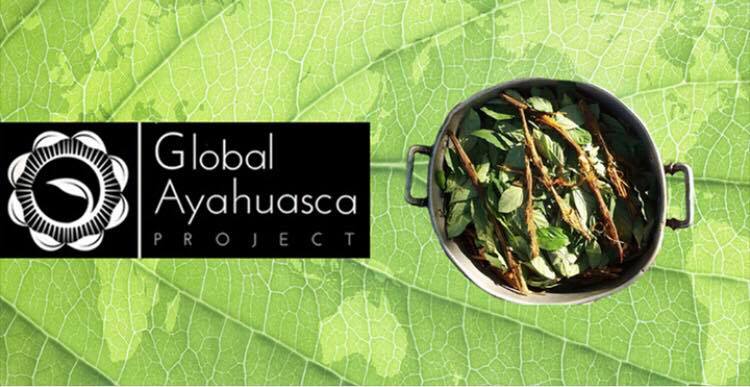Alana Roy from the Signs of Life does not endorse the use of psychedelics or drugs. Furthermore, in Australia, these treatments are currently illegal. However, Alana does encourage harm minimisation, evidence-based research, and safe and open discussion about plant medicines and drug use. Alana is passionate about working with people pre and post-plant medicine and drug experiences to help ensure people have respectful, safe and professional support.
For those who suffer from common issues such as depression, anxiety and trauma, it can be extremely difficult to manage these conditions and find a treatment that works well. Common treatments such as medication and psychotherapy work well for some, but take more time for others. Some people constantly struggle with their mental health issues and find themselves in a life-long search for a treatment that works for them.
Research into different treatments is ongoing and ever-changing. We get exciting breakthroughs regularly, although it can sometimes take years for these treatments to make their way into practice. One area of current research is the treatment of trauma, anxiety and depression using psychedelic medicines and MDMA-assisted psychotherapy. This article will provide an overview of the current research being undertaken by the Multidisciplinary Association for Psychedelic Studies (MAPS) into these controversial treatment methods.
MDMA-Assisted Psychotherapy
MAPS is currently studying the role that MDMA may have in treating Post Traumatic Stress Disorder (PTSD). One feature of MDMA is the effects of increasing feelings of trust and compassion towards others. Preliminary studies have shown that MDMA in conjunction with psychotherapy can help in the treatment of PTSD.
Medical Marijuana
Treating chronic pain with marijuana is widely used and effective use of this drug. Now MAPS are researching the role of smoked botanical marijuana in treating symptoms of PTSD in veterans of war.
LSD-Assisted Psychotherapy
LSD (lysergic acid diethylamide) is a semi-synthetic compound that has the ability to catalyse spiritual or mystical experiences and to facilitate feelings of interconnection. In a MAPS study, subjects experienced a reduction of anxiety following two LSD-assisted psychotherapy sessions. The concept of administering LSD for psychotherapy purposes is nothing new; in the 50s, 60s and early 70s it was administered by therapists, psychiatrists, and researchers to thousands of people as a treatment for alcoholism, anxiety, and depression.
Ayahuasca-assisted Treatment.
Ayahuasca is a psychoactive brew or tea derived from several vines, plants and leaves. It is legal in many South American countries and is legal in the United States for religious purposes only. Current research suggests that when ayahuasca may help substance abuse by promoting spiritual insights or self-knowledge. It is thought that ayahuasca may be able to play a role in the treatment of PTSD and drug addiction.
What is unique about ayahuasca is that the effects rely on a specific combination of two plants: Banisteriopsis caapi and chacruna (or chagropanga, depending on the region). How and when exactly the discovery of combining these two plants was made by native Americans remains unclear.
Second, the primary ingredient of chacruna and chagropanga is also a neurotransmitter found in all human beings and plays a key role in all kinds of extraordinary states of awareness. This neurotransmitter is called dimethyltryptamine, or DMT for short, and is found in the brain, blood, lungs and other parts of the human body. There is strong evidence pointing towards the pineal gland (“the third eye” in esoteric traditions), located in the centre of the brain, as the main factory of human DMT. Apart from human beings, DMT can be found in every mammal and in the two types of plants mentioned above.
Kambo
Kambo is a secretion produced by the Giant Amazonian Tree Frog phyllomedusa bicolor. Research is currently being undertaken to determine its role in treating a wide range of conditions, including depression, addictions, chronic pain, arthritis, diabetes, cancer, infectious diseases and much more. Short-term effects include enhanced mood, alertness and clarity. Long-term effects include a strengthened immune system.
All of the research outlined in this article is at a preliminary stage and further research is required to determine efficacy as a treatment for mental health conditions.
For more information please see:
https://www.globalayahuascaproject.org/ayahuasca-research/ayahuasca-research-papers/
